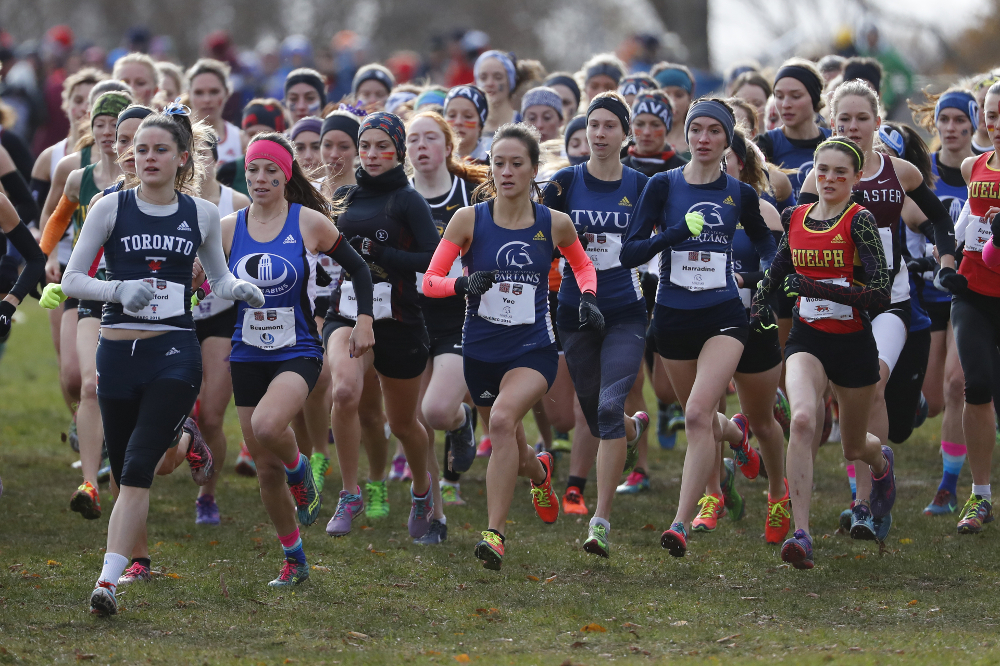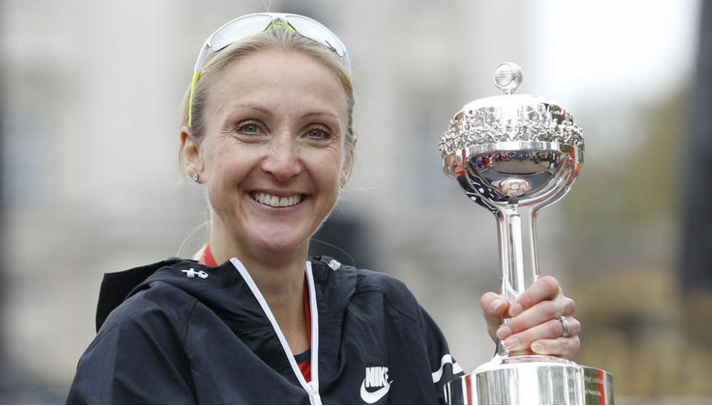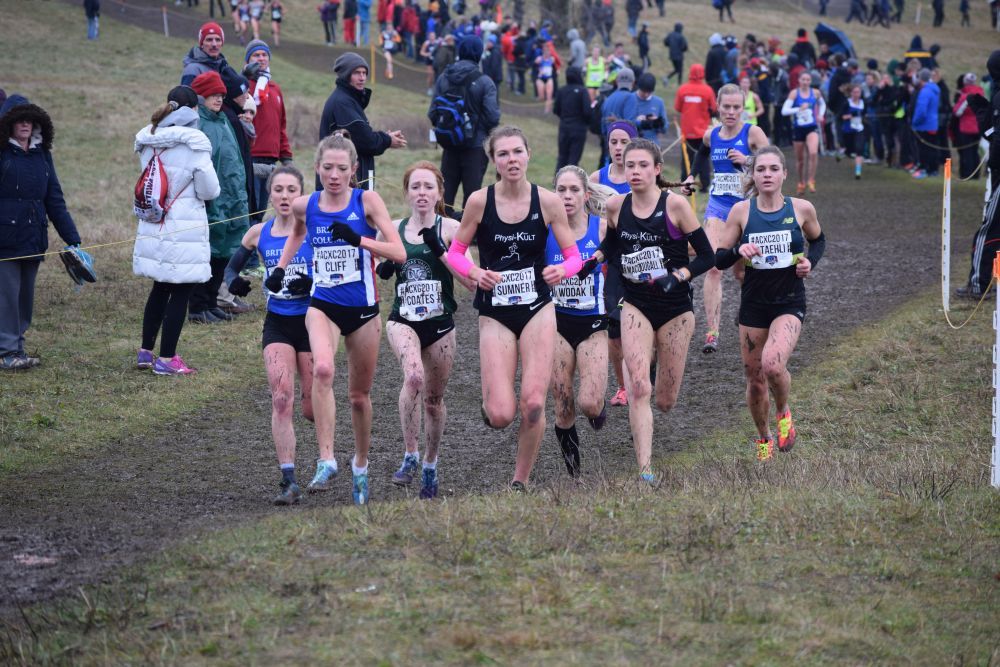British elites oppose gender equity in cross-country
Several of the U.K.'s top female distance runners are speaking out against the Run Equal movement

In the world of road racing, men and women have run the same distances for several years. In cross-country, on the other hand, women have continued to run shorter distances than their male counterparts. This has sparked a discussion surrounding gender equality in sport over the last several years, and many elite female athletes have spoken out against the disparity. Elite female distance runners in the U.K. appear to have the opposite opinion and have issued a strong statement against U.K. Athletics’ recent motion to create gender equality in cross-country.

RELATED: U Sports Cross-Country: coaches vote for men and women to race 8K in 2020
In 2015, World Athletics (then known as the IAAF) made the decision that men and women would run the same distance at World Cross Country Championships, moving the women up to 10K from 8K, and the men down from 12K. In Canada, university coaches voted to equalize the men’s and women’s distances for the 2020 cross-country season, which was unfortunately canceled due to the COVID-19 pandemic. During this time, women in the U.K. have continued to run shorter distances than men, but the move to change this is being met with resistance from the country’s all-time best female distance runners.
Athletes in opposition include two-time world cross-country champion Paula Radcliffe, former International cross-country gold medallist Joyce Smith and two-time European cross-country champion Hayley Yelling, among others. In a statement to U.K. Athletics, the women make it clear that they disagree with the Run Equal movement, citing the physical advantages acquired by men through puberty, and arguing that this disparity in distance does not make women weaker or inferior. Instead, they say it is a question of what is best for women and men, and what makes for more exciting and meaningful competition.
They go on to argue that “what men or boys run” should be far down the list of criteria when deciding what distances females should run, and that running a shorter distance does not signify that women are somehow less capable or that their race is not important.
“We are saddened by the suggestion that our past performances are viewed as somehow lacking, simply because we raced shorter distances than men,” their statement reads. “The current women’s race distances attract athletes from a wide range of track and road events, making them exceptionally competitive.”
RELATED: Women are winning ultramarathons, but not winning the same distance as men in XC
The athletes express their concern that equalizing distances will have a negative impact on participation levels and will lead to greater drop-off rates, among other issues. They also note that the UKA head of endurance position has been recently vacant and that it is unclear if anyone with knowledge or experience with cross-country at the elite level has been consulted in the decision-making process. The athletes ask that the decision by the UKA be based on “robust, compelling and evidence-based arguments explaining how such a decision would bring positive change.”
“But sweeping changes based on ideology about gender equality, as defined by distance alone, would be simply wrong unless it brings real, meaningful, positive change to the sport,” they added.
Finally, they pointed out that the UKA has failed to ask athletes and coaches whether they agree or disagree with equalizing distances, and they would like to see statistics to prove that this is what female distance runners in the UK actually want.

Ross Tucker, co-host of the Science of Sport podcast has voiced his opinion on the topic, pointing out that none of the factors mentioned in the letter are unique to cross-country, making their argument weak, to say the least.
I agree with Lucy, and I think this has been a strange debate with some odd (weak) arguments. Yes, there are differences between the sexes, and for some events they have prompted different regulations (hurdle height, throwing implement mass), but for XC? I don’t see the rationale https://t.co/57dVuImYoG
— Ross Tucker (@Scienceofsport) January 19, 2021
In 2016, Queens University hosted the first collegiate cross-country race in North America where men and women ran the same distance. That same year, senior women ran 10K — the same distance as the men — at the Canadian National Cross Country Championships for the first time in history. There is an increasing body of evidence to suggest that the disparity in race distance is not based on any physiological differences between men and women, but instead is a historical artifact stemming from the way women’s capabilities in sport were once viewed. Since Canada has increased the women’s race distance at the collegiate level, there has been no apparent decrease in cross-country participation, and with the world cross-country distance at 10K, it is highly possible that more countries will follow suit.


